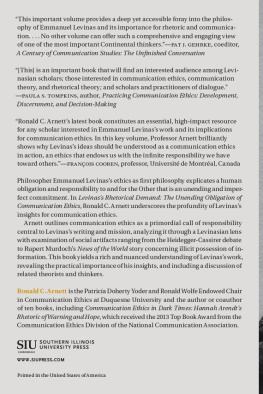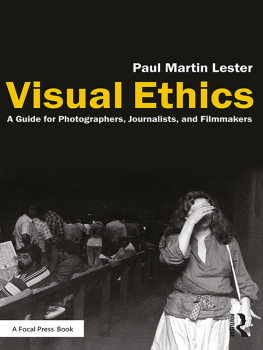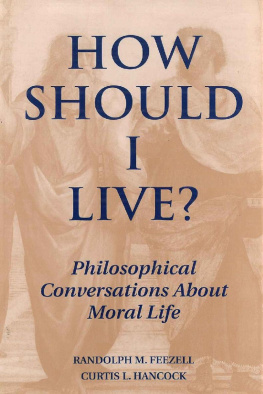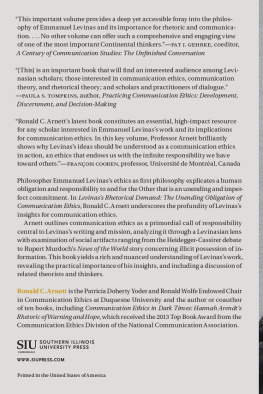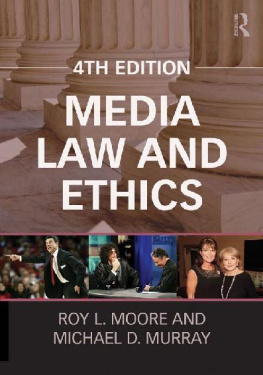Sex, Ethics, and Communication:
A Humanistic Approach to Conversations on Intimacy
Second Edition
Valerie V. Peterson
Grand Valley State University
Bassim Hamadeh, CEO and Publisher
Christopher Foster, General Vice President
Michael Simpson, Vice President of Acquisitions
Jessica Knott, Managing Editor
Kevin Fahey, Cognella Marketing Manager
Jess Busch, Senior Graphic Designer
Jamie Giganti, Project Editor
Brian Fahey, Licensing Associate
Copyright 2013 by Cognella, Inc. All rights reserved. No part of this publication may be reprinted, reproduced, transmitted, or utilized in any form or by any electronic, mechanical, or other means, now known or hereafter invented, including photocopying, microfilming, and recording, or in any information retrieval system without the written permission of Cognella, Inc.
First published in the United States of America in 2013 by Cognella, Inc.
Trademark Notice: Product or corporate names may be trademarks or registered trademarks, and are used only for identification and explanation without intent to infringe.
Printed in the United States of America
ISBN: 978-1-62131-545-2

Praise for Sex, Ethics, and Communication
Sex, Ethics, and Communication offers not only sound information, but also a rich perspective that encourages people to reflect on ethical and relational issues that are entwined with sexual choices. This book would be especially valuable to young people who are just becoming sexually interested and active.
Julia T. Wood, Lineberger Professor of Humanities, Caroline H. and Thomas S. Royster, Professor of Graduate Education, The University of North Carolina at Chapel Hill
This is a direct, intelligent, and well-informed discussion of the complexities of sexual relationships. Peterson speaks candidly about the challenges and rewards of sexual intimacy, offering an invaluable guide to the abundantly important, but little theorized, area of sexual ethics.
Brent Malin, Associate Professor, Department of Communication, University of Pittsburgh
Valerie V. Peterson offers a much-needed and accessible journey into the intersections of sexuality and ethics, particularly unpacking how they are constituted through communicative action. Her explorations into sex as communication are especially needed. The book not only illuminates the building blocks of metaphors and narratives in cultures, but can also help readers to understand their own responsibilities and vulnerabilities as sexualized individuals and partners. The book will make an excellent addition to my Sexuality & Communication seminar.
Jimmie Manning, Associate Professor, Communication, Northern Illinois University Alternative Scholarship. Editor, Women & Language , Vice-President, Kentucky Communication Association
Dedication
This book is dedicated to Corey Anton, love of my life .
Acknowledgments
I would like to thank Grand Valley State University for the generous post-tenure sabbatical, during which the majority of this book was written. I also wish to thank faculty at the University of Iowa who supported my study of sex and sexuality while I was a doctoral student there. Bruce E. Gronbeck gave me helpful feedback on my dissertationa rhetorical and cultural analysis of popular sex manuals, and he made sure I kept my focus on the discursive elements of sexuality. Some ideas in this book are those he told me I could not include in that earlier project. Leslie Margolin helped teach me how to write about sexuality by generously sharing his own work in progress and letting a classmate and me participate in the editing process. Leslie Baxter offered useful insights into scholarly writing and professionalism. Barbara Welch-Breder encouraged me to study the relationship between communication, sex, and sexuality at the outset of my studies, and helped me feel less awkward about taking on these very challenging territories of concern. Over the years and at a number of different institutions, Fred Antczak has provided moral support, encouraged and supported my research, and helped me grow as a teacher and thinker. Other scholars who played a role in my early studies of sexuality, and who have supported my research efforts, include Helen Sterk, John Waite Bowers, Donovan Ochs, John Lyne, Randy Hirokawa, John Durham Peters, Bernard and Sue Duffy, Michael Calvin McGee, Mary Trachsel, David Depew, Sharon Crowley, and Takis Poulakos.
Then there are all the colleagues, friends, relatives, students, and acquaintances with whom Ive conversed on the topics of sex and sexuality. Their thoughts, article and book suggestions, and constructive criticisms have made an undertaking such as this much more possible. In so many instances, I have been informed, surprised, enlightened, and impressed by what people say; what theyre willing to say; and how much there is to know. Students in my fall 2009 special topics course (Rhetorics of Sex and Sexuality) gave me hope that there might be interest in a book such as this, and helped me update and expand upon some of my insights. Allison Forrest, a student in my Vision and Culture class, turned my sex ethics diagram into an attractive poster suitable for public presentations. Colleagues who study sexuality, masculinity, communication, and/or related topics also have been profoundly helpful to my thinking, especially Teresita Garza, Brent Malin, Natalie Sydorenko, and Robert MacDougall. Two colleagues in particular, Joey Pogue and Ann Byars, were instrumental in the later stages of this project. Their enthusiasm for my ideas literally kept me going when the going was tough. I would also like to thank my colleagues in the GVSU School of Communications; my Old Mission neighbors; my wonderful friends; my sister; my extended family; my inspirational grandmother, Artemis; my life partner, colleague, intellectual sounding board, and husband, Corey Anton; and my awesome and incredible parents Aris and Grace Peterson, for their kindness, moral support, helpful ideas, constructive criticism, good humor, and love.
Introduction
W with mantras like just do it, just say no, and show me the money, the past decades did little to prepare people in the United States to be thoughtful about sexual relations. The first few decades of the 2000s have been no more helpful. Abstinence-only sex education offered by public schools has affected behavior somewhat, but sexually transmitted infections and diseases continue to proliferate, and unintended teen pregnancy rates are on the rise in many populations. Divorce is still pervasive, and the dating scene is increasingly confounding and complex. Electronic information exchange and virtual reality portend a new world of matchmaking possibilities and alternative entertainments, but often promise more than they can deliver. At the same time, wholesome, non-commercialized spacesor even just safe spaceswhere people can spend time together and get to know each other seem to be dwindling.
Drugs and the hyper-sexualized mass media do not help matters. Drug abuse, particularly the abuse of alcohol, ecstasy, date-rape drugs, and various street drugs and pharmaceuticals, numbs people to the ethics of sexual matters by allowing the excuse of intoxication or chemical alteration for either irresponsible actions, or mindless passivity. Print, visual, and electricity-powered mass media (including popular health and beauty magazines, TV shows, feature films, cartoons, comic books, advertisements, pornography, and numerous Internet outlets) offer images, easy formulas and sex roles, a power- and envy-driven star culture, questionable norms of behavior, and often warped values that undermine human decency by reducing people, bodies, and sex to commodities.
Next page



